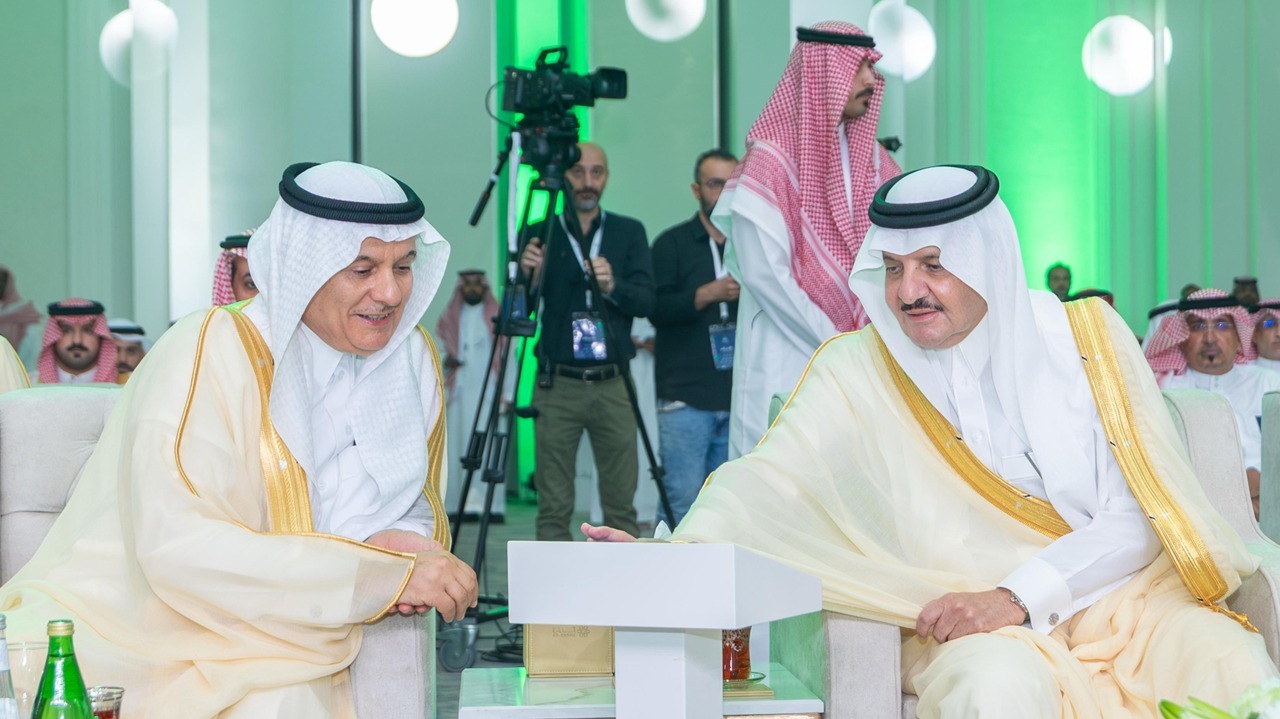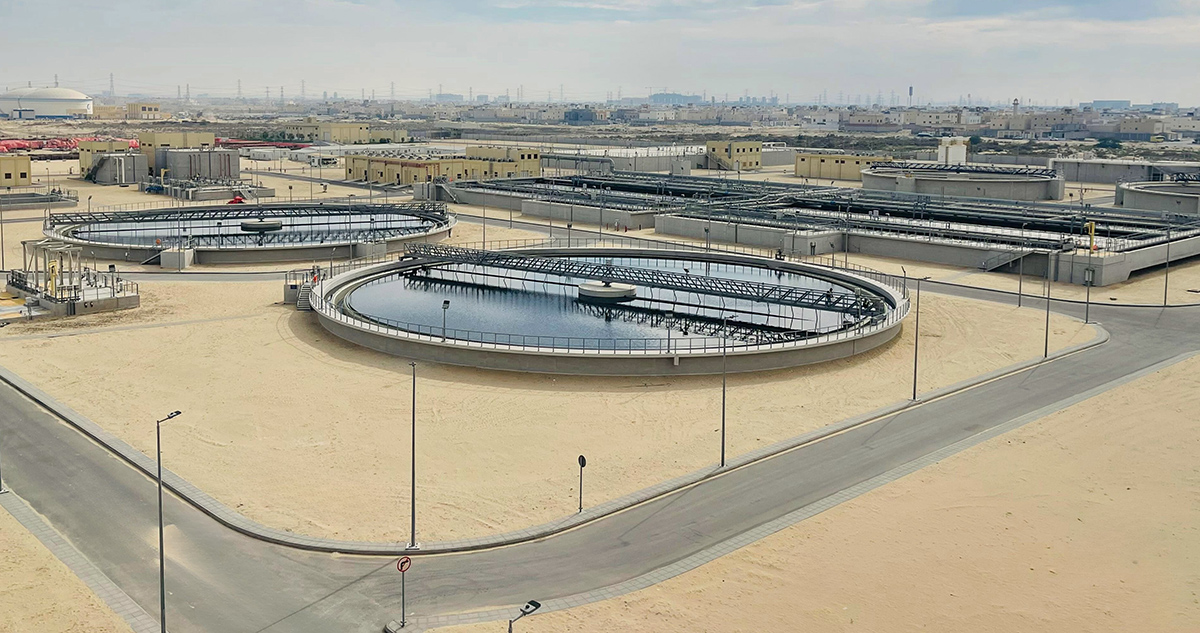
Under the Patronage of HRH Prince Saud bin Naif, Dammam Independent Sewage Treatment Plant launches to advance Saudi Vision 2030 Water Strategy
Under the Patronage of HRH Prince Saud bin Naif, Dammam Independent Sewage Treatment Plant launches to advance Saudi Vision 2030 Water Strategy
SAR 690million PPP project, delivered by Metito Utilities-led consortium, strengthens water security and champions sustainability through innovative infrastructure solutions.
Under the patronage of His Royal Highness Prince Saud bin Naif bin Abdulaziz Al Saud, Governor of the Eastern Province, and in the presence of His Excellency Eng. Abdulrahman bin Abdulmohsen Al-Fadley, Minister of Environment, Water and Agriculture, Dammam Independent Sewage Treatment Plant (ISTP) was officially inaugurated.
Delivered by a consortium led by Metito Utilities alongside Mowah and Orascom Construction, the project represents a significant milestone in advancing Saudi Vision 2030’s National Water Strategy through an innovative Public–Private Partnership (PPP) framework.
Awarded by the Saudi Water Partnership Company (SWPC), the Dammam ISTP was developed with a total investment of USD 185,260,000 under a 25-year Build–Own–Operate–Transfer (BOOT) model. The plant operates at an initial capacity of 200,000 m³/day, expandable to 350,000 m³/day, and serving nearly one million residents in western Dammam. As an ISTP implemented under this framework, the project introduces a performance-based PPP structure that mobilizes private sector capital, technology, and expertise to deliver strategic infrastructure designed to meet the Kingdom’s evolving water needs.

The plant incorporates Integrated Fixed Film Activated Sludge (IFAS) treatment technology, enabling high treatment efficiency with reduced civil works and tank volumes. Its sustainable design features anaerobic digestion to convert sludge into biogas for on-site utilization complemented by solar drying greenhouses that leverage Dammam’s abundant sunlight. Together, these innovations directly minimize emissions and operational costs.
The construction phase, which commenced in 2020 following the financial close, achieved over 6.9 million safe man-hours with zero LTIs, created hundreds of local jobs, and advanced sustainability by recovering resources and reducing landfill dependency. These achievements directly advance several UN Sustainable Development Goals (SDGs), particularly SDG 6 (Clean Water & Sanitation), SDG 9 (Industry, Innovation & Infrastructure), and SDG 17 (Partnerships for the Goals).

